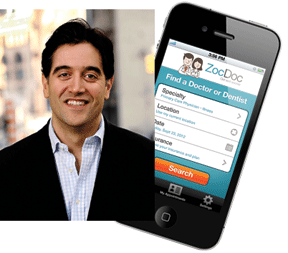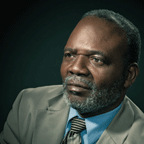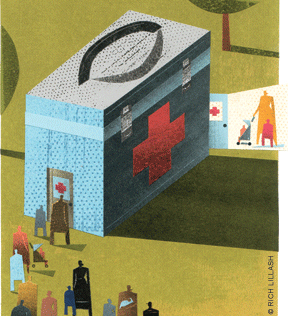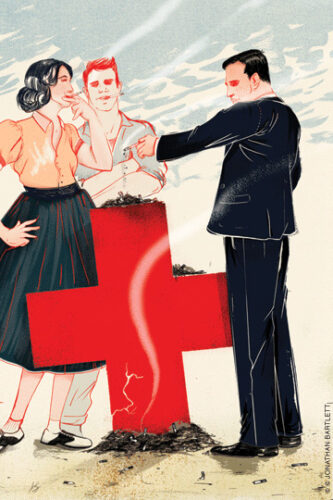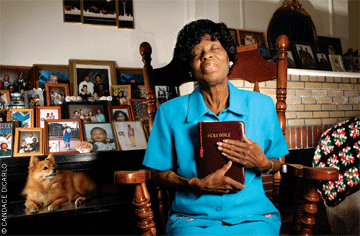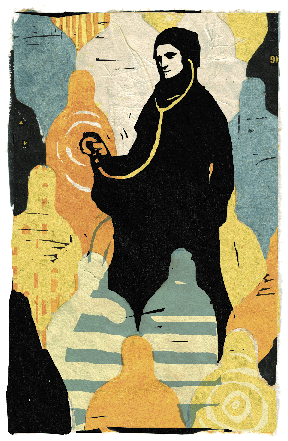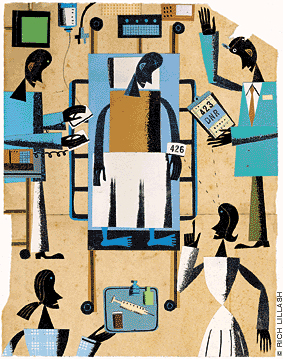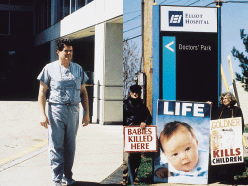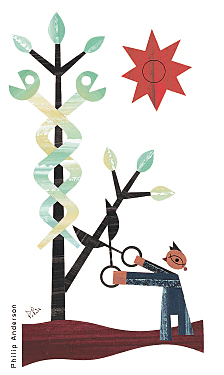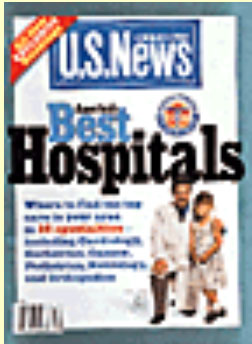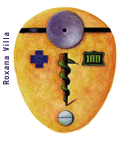Click—the Doctor Will See You Now
Cyrus Massoumi W’98’s ZocDoc can find a doctor when you need one.
Insidious ARDS
Few people outside the medical world have heard of Acute Respiratory Distress Syndrome, even though it kills more Americans than breast cancer and often leaves survivors in various stages of disability. Some Penn-related physicians and researchers are working hard to blunt its impact.
The Spirit of Caring
They don’t diagnose illnesses, prescribe drugs, perform medical procedures, or suggest treatment options, but chaplains and other pastoral care staff are a key part of the medical team at Penn’s hospitals.
US Healthcare Spending = Entire economy of France
Penn's Ezekiel Emanuel in The New York Times.
The Other Health Care Revolutions
The Affordable Care Act may have gotten all the attention, but American medicine will be transformed even more profoundly by forces that neither the government, insurance companies, nor even doctors themselves can fully tame. It’s already happening, and three trends provide a preview of the shape of things to come.
Insurance Without Access
For children, public health insurance is no panacea.
Blowing Yesterday’s Cigarette Smoke Into Today’s Healthcare Debate
Blame smoking, not system, for Americans’ poor health outcomes
Social Workers Prepare for the Big Gray Wave
New social work program focuses on needs of aging
The Doctor Is In—And Now She’s Listening
Dr. Marie Savard Nu’70 GrNu’72 M’76
Penn Team Nabs Celebrity Cancer Grant
Penn-led team awarded $18 million by Stand Up to Cancer
Diagnosing Health Care
Four Penn scholars examine U.S. health care—and its political future.
LEAPP of Faith
A new program at the School of Medicine is betting that matching students with chronically ill patients, who they then follow throughout their four-year curriculum, will help them to become better doctors.
Nursing a Profession Back to Health
Iraqi nurses visit campus
The Talking Cure
A more collaborative culture in health care could reduce medical errors—and save lives.
Breast-Cancer Risk Drops with Double Mastectomies
Preventive mastectomies found to work
The Kindness of Strangers
Diagnosed with an aggressive form of leukemia, alumna Ruthie Spector faced long odds but was saved by an experimental drug treatment that made a bone marrow transplant possible. The donor drive organized in her behalf will save many more lives in the years to come.
HUP Makes the Grade
HUP makes honor roll and “most wired” list.
The Rx Files
Marie Savard Nu’70 GrNu’72 M’76
Emergency Contraception and Catholic Theology
When patients’ rights and religious restrictions collide.
Taking a Stand — On Screen
Wayne Goldner M’78
Strong Medicine: Health System Cuts 1,700 After Record Deficit
UPHS cuts workforce by 20 percent to reverse losses
Ten-HUP!
HUP rated 10th by U.S. News
Trim the Fat, Not the Bone
Managing managed care
Rewriting the Final Chapter
As medicine advances, the choices associated with end-of-life care grow more complex — especially when patients or their families clash with doctors, the state, and occasionally each other, over when to treat and when to let go.

